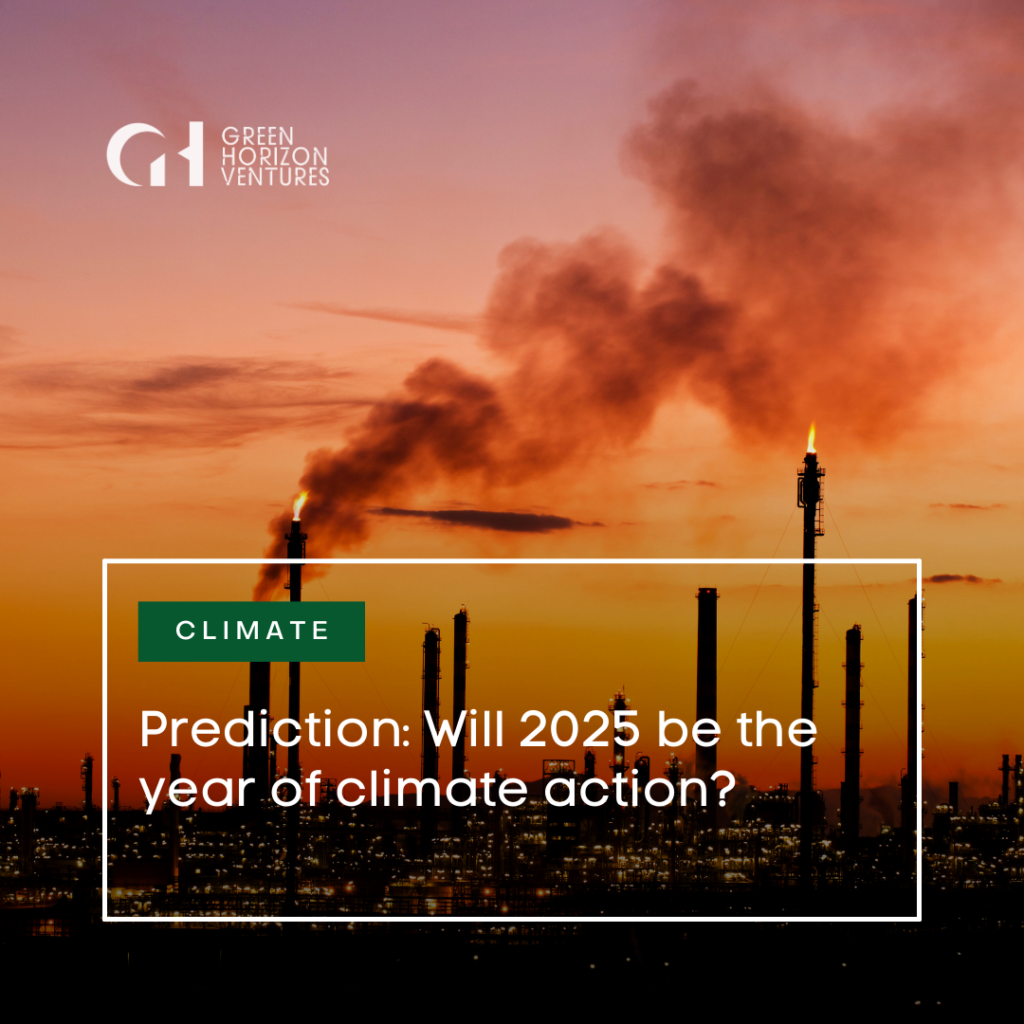
Will 2025 be the year of absolute climate action?
Will 2025 be the year of absolute climate action?
Just seven days into the New Year, Precisely on January 7, 2024 at least five separate wildfires started ravaging Los Angeles and Southern California in the US, causing an estimated $100 billion in damages, claiming 11 lives and destroying over 10,000 structures so far.
Warmer, drier air fueled the burning, while stronger winds fanned the flames.
These wildfires not only devastate local ecosystems but also pump more carbon into the atmosphere, exacerbating greenhouse gas emissions that drive global warming. While wildfires are partially a natural phenomenon, their frequency and intensity are increasingly linked to human-induced climate change, particularly the greenhouse gas emissions of major economies worldwide.
Broad impact
Climate change is reshaping the world—affecting business operations, limiting resource access in developing countries, and challenging community resilience in the face of natural disasters. As global surface temperatures continue to rise, the urgency for effective climate action has never been more evident.
Natural climate variations occur over time, but the Intergovernmental Panel on Climate Change (IPCC) attributes the rapid rise in global average temperatures to human activities, notably industrialization and urbanization. The World Health Organization (WHO) has identified this temperature surge—primarily driven by fossil fuel combustion—as a significant threat to global health, impacting both environmental systems and human well-being.
Mission 2025
The year 2025 marks a critical moment in the global fight against climate change. In November, the UN Climate Change Conference (COP30) will convene in Belém, Brazil. This milestone event comes a decade after the Paris Agreement’s adoption and provides an opportunity to evaluate progress and renew commitments to climate action.
According to the Climate Change Performance Index (CCPI) 2025, 61 out of 64 countries have increased their renewable energy shares over the past five years. Yet, the index also reveals that 29 countries continue to show low or very low emission trends, highlighting the need for accelerated efforts.
Innovative technologies like carbon capture and storage systems offer hope in mitigating greenhouse gas emissions. However, reversing existing environmental damage remains a monumental challenge. Achieving net-zero emissions requires a comprehensive, multifaceted approach rather than an impractical halt to industrial activities.
Our commitment
At Green Horizon Ventures, we are committed to driving sustainable change. In 2025, we will continue focusing on climate action, renewable energy, and biodiversity conservation. By investing in renewable energy sources, enhancing biodiversity, and collaborating with local communities, we aim to address pressing environmental challenges while fostering long-term sustainability.
The year 2025 offers a pivotal opportunity for transformative global climate action. The Roadmap to COP30 underscores the importance of sustained dialogue and collaboration at all levels to ensure commitments translate into tangible results.
As we approach this critical juncture, individuals, businesses, and governments must unite to innovate and adopt sustainable practices. Together, we can shape a healthier, more resilient planet for generations to come.